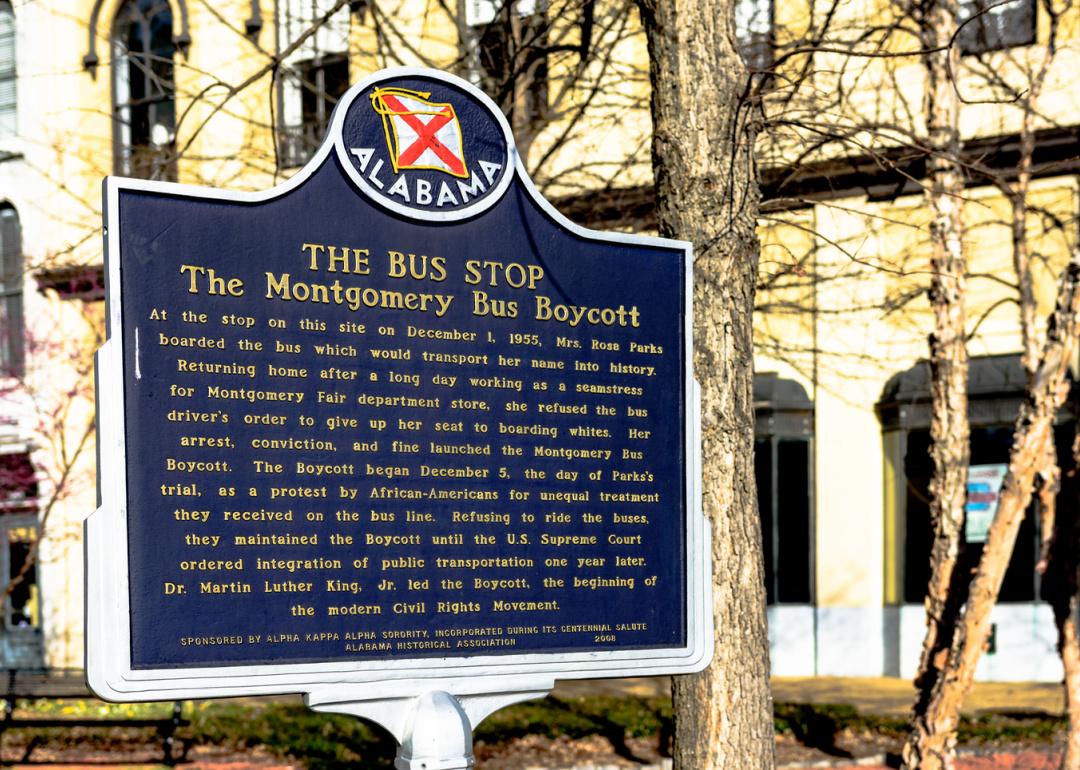
A night at the movies transforms a culture: A major civil rights moment in Alaska
A night at the movies transforms a culture: A major civil rights moment in Alaska
A land of contradictions from the outset, the United States was founded by slave owners who spoke passionately and eloquently about liberty, freedom, and justice for all. In the beginning, "all" was limited to men of European ancestry who were wealthy enough to own land. The Constitution's protections did not apply to most of the people living in America for most of America's history—at least not in full.
Women—about 50% of the population—were not included in the country's concept of "all," likewise millions of slaves—and for a long time, their offspring. Native Americans, the descendants of the original inhabitants of the United States, were commonly excluded from the promise of America, as were many immigrants, ethnic groups, and religious minorities.
Despite all the work that remains to be done, all of those groups and many others now enjoy freedoms that had to be won—won through the courts, through the court of public opinion, through mass demonstrations, through legislation, through boycotts, and in many cases, through martyrdom.
Fighting to expand the definition of "all" requires powerless people to challenge the power structures that benefit from keeping certain people locked in their status as second-class citizens. They often do it at great risk to their jobs, their reputations, their homes, and in many cases, their lives. Even so, brave advocates and activists fought the good fight in every state in America. Each state has a unique story to tell about the epic struggles for civil rights that were waged there, as well as those that continue to be waged. The following is a tiny sliver of their collective efforts.
Using a variety of sources, Stacker identified a defining moment for civil rights in all 50 states. They stand out for different reasons and led to changes that lifted different groups, but they all prove how much can be achieved—and how much still remains to be accomplished.
Keep reading to find out your state's contribution to civil rights.
Alaska: A night at the movies transforms a culture
Far from Alabama and 11 years before Rosa Parks took her stand, a teenager with a white father and Alaska Native mother named Alberta Schenck was arrested on March 11, 1944, for sitting in the "whites only" section of a movie theater in Nome, Alaska. Although their plight isn't as well known as that of Black Americans in the South, Native Alaskans lived under their own version of Jim Crow—"no natives" and "whites only" signs were standard all over Alaska, just as in the South. Schenck's arrest ignited a burgeoning Indigenous rights movement whose activism led to the passage of the Alaska Equal Rights Act of 1945, nearly 20 years before Lyndon Johnson signed the 1964 Civil Rights Act.
Click here to see an event from every state or continue reading for other events near Alaska.
Washington: Diversity finds a voice in Seattle
Organized resistance to the racism and segregation that dominated Seattle for much of the city's history began much earlier than the more famous movements that swept change across the South—and they looked much different, too. Seattle's location, history, and unique demographic makeup cultivated a diverse civil rights coalition that included people of Chinese, Filipino, Japanese, Jewish, Latino, African American, and Native American ancestry as early as the 1910s.
Idaho: Idaho beats the country to the punch
Idaho has a long, proud, and often overlooked history of important civil rights achievements dating back to mask-ban laws that challenged the Ku Klux Klan at the height of the group's power in the 1920s. Idaho's finest moment, however, came in 1961, when the state passed a comprehensive civil rights bill three years before the United States as a whole.



